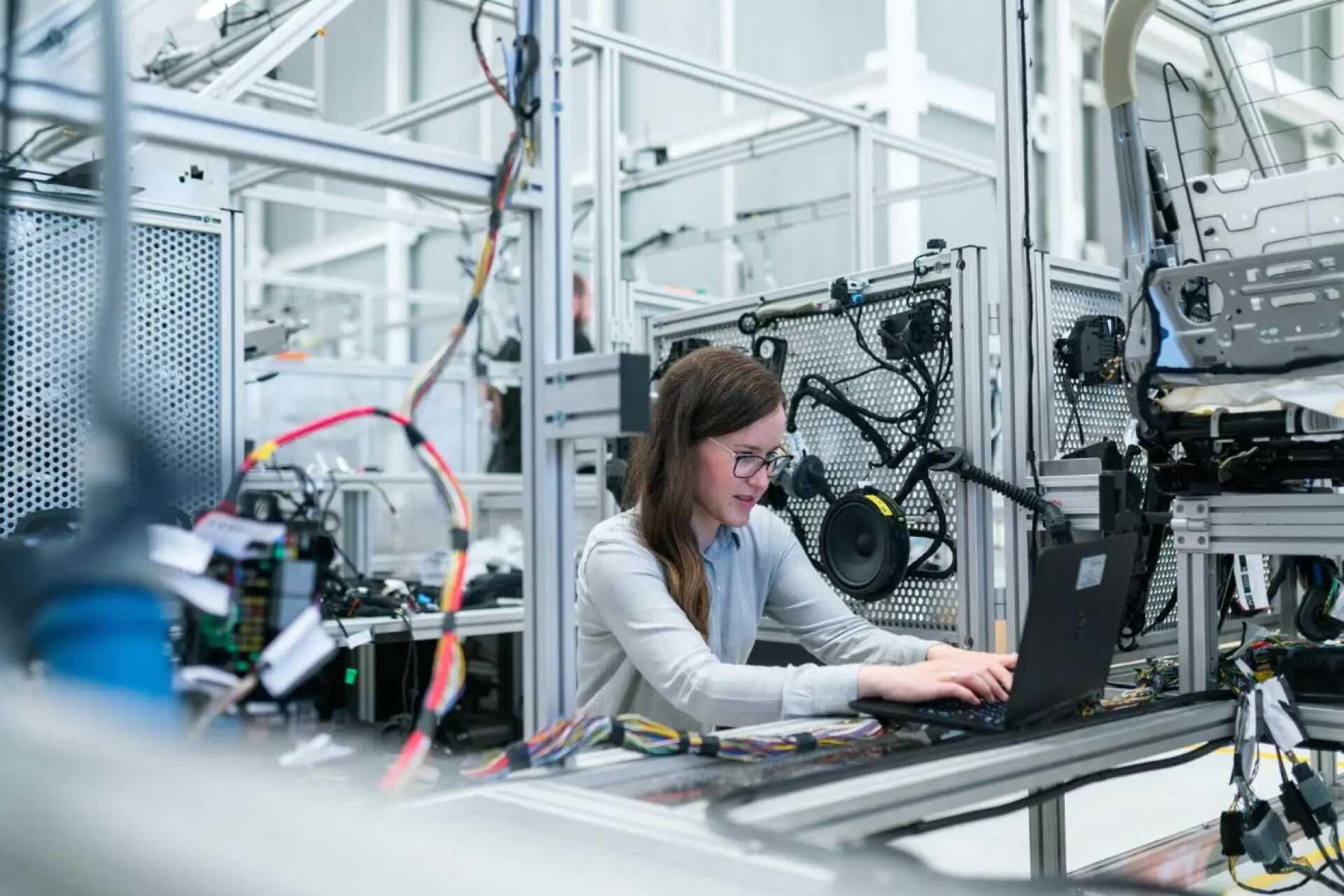
EPSRC
Apply for a PhD at Kent: follow the University of Kent’s online application process.
As part of the process, students should include the following:
Once you have applied through the University of Kent online application portal (KentVision), you must email your Application ID number, your full name and the project of interest to kentgrc@kent.ac.uk. This step is to confirm that you wish to apply for an EPSRC Scholarship, only those who have emailed their interest will be considered.
If you have already applied for 2024/25 entry and have an offer, a deferred offer, or you are a current PhD student at Kent, you do not need to follow Step 1 as we should already have your application on our system. Please contact the appropriate supervisor to inform them you wish to be considered for the EPSRC scholarship. You must also email your details to kentgrc@kent.ac.uk and specify which project you wish to be considered for.
Ferroelectrics for sustainable technologies
The development on new materials and the study of their properties underpins technological development. At the current time, one of the biggest challenges society faces is how to support our energy and computational needs without negatively impacting the environment. Ferroelectric materials (where the electric polarisation can be switched) have many applications, such as non-volatile memories or capacitors. In this project we will focus on the study of new ferroelectrics optimised for applications in two key areas for future technologies: solid-state cooling to improve performance of electronic components and batteries [1] and new computing architectures, where memory and computation are integrated in a single device [2]. The student will investigate the connection between the microscopic local structure as a function of temperature, chemical composition, electric field, etc. and properties displayed by the material. The goal is to better control the properties to optimise materials for the applications described above. The student will be supervised by Dr. Silvia Ramos and use large facilities (including advanced synchrotron x-ray spectroscopy techniques). The successful candidate will become a member of the Physics of Quantum Materials group, with a vibrant and supportive research environment.
[1] S. Mönch et al, J. Phys. Energy, https://doi.org/10.1088/2515-7655/aceb1b (2023).
[2] Wu et al., Nat. Mater, https://doi.org/10.1038/s41563-023-01676-0 (2023).
Supervisor: Dr Silvia Ramos (S.Ramos-Perez@kent.ac.uk)
Label-Free Endomicroscopy Technology for Minimally-Invasive Diagnostics and Surgical Guidance
Endomicroscopy offers real-time, high-resolution imaging of tissue via an endoscopic fibre optic probe. Current clinical endomicroscopes are fluorescence-based, requiring administration of a topical or intravenous stain before imaging. You will be developing new technologies for stain-free endomicroscopy, building on our experience developing fibre-bundle probes. The initial focus will be on using oblique backplane illumination to provide phase-based contrast, aiming to provide a low-cost solution suitable for rapid clinical translation. We will later explore enhancements such as holographic imaging and numerical refocusing. You will learn how to prototype imaging systems in the lab, develop imaging software in Python, and work with potential end-users to evaluate efficacy.
This project would suit a student with a background in physics, engineering or similar, and an interest in applied, translation-focused research. You will be a member of the Applied Optics Group, a friendly and supportive team developing biomedical optics imaging technology, with regular journal club, seminars, social activities and a student-run optical society. Facilities include 8 well-equipped optics labs, clean air suite, and equipment for assembling fibre-based imaging systems. We have growing expertise in endoscopic imaging probes, with funded projects including fibre imaging for ENT and robotic retinal surgery.
Supervisor: Dr Mike Hughes (m.r.hughes@kent.ac.uk)
We seek a PhD candidate in the Physics of Quantum Materials Group at the University of Kent, to work on computational quantum many-body physics, or on quantum-inspired algorithms that can be directed at a broader class of problems. The successful candidate, who must hold a degree in physics, mathematics, or computer science, will join the research team led by Dr Gunnar Möller. Current activities of the team comprise applications of diagrammatic Monte-Carlo techniques and advanced tensor network approaches to explore emergent properties in models of interacting quantum systems, with a particular focus on strongly interacting and topological materials.
The specific topic for this project allows for some flexibility depending on the candidate’s interests. Possible topics include the study of fractional Chern insulators (FCI) in realistic materials - following on from the recent discovery of FCI states in twisted MoTe2 bilayers, or the application of high-precision many-body techniques to study multi-orbital superconductivity. Other possible lines of research involve the design of variational tensor network approaches for quantum state tomography from neutron scattering data, translation of tensor network algorithms to inspire quantum algorithms compatible with the current generation of quantum computers, or the use of tensor network representations for solving differential equations such as the study of quantum non-equilibrium dynamics in interacting multi-component Bose fluids.
We are looking for a curious and imaginative student who loves physics and seeks to become involved in advanced computational approaches. Our work typically involves the development of novel algorithms, and the student will be expected to be fluent in at least one programming language, so they can productively seek out creative new algorithmic approaches and contribute to help formulate and address relevant research questions. Personal initiative and a flexible mind are essential.
Supervisor: Dr Gunnar Möller (g.moller@kent.ac.uk)